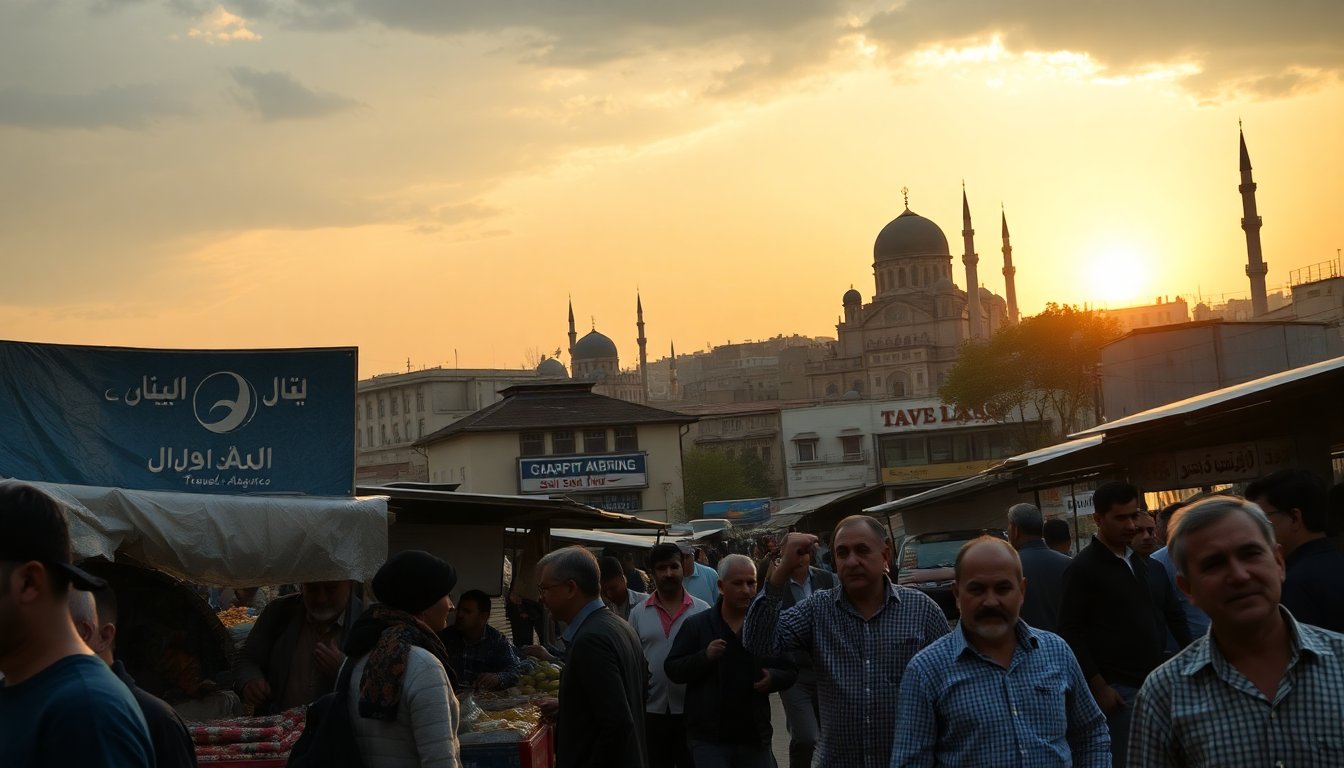Table of Contents
After weeks of intense diplomatic discussions, the United Nations has officially reinstated global sanctions on Iran. This decision follows Iran’s last attempt to avert the snapback of sanctions that had previously been lifted under the 2015 nuclear agreement. The outcome represents a pivotal moment in international relations and underscores the ongoing tensions surrounding Iran’s nuclear ambitions.
The sanctions were originally lifted as part of a comprehensive framework designed to restrict Iran’s nuclear activities. However, recent diplomatic efforts to maintain this status quo were unsuccessful, resulting in the U.N. Security Council’s decision to reinstate these measures.
The context of the sanctions
The reinstated sanctions were part of a broader strategy intended to prevent Iran from developing nuclear weapons. This strategy involved not only the lifting of certain sanctions but also the implementation of stringent monitoring protocols. The Joint Comprehensive Plan of Action (JCPOA), established in 2015, aimed to facilitate a peaceful resolution to concerns regarding Iran’s nuclear program and promote international stability.
However, following the U.S. withdrawal from the agreement in 2018 under the Trump administration, Iran’s compliance began to decline. This withdrawal escalated tensions and led various nations to reassess their positions regarding sanctions.
Failed diplomatic efforts
In the weeks leading to the U.N.’s decision, several attempts at diplomatic engagement were made but ultimately proved ineffective. Iran sought to gather support from European nations and other permanent members of the U.N. Security Council to oppose the reinstatement of sanctions. Despite these efforts, the U.S. administration maintained a firm stance against Iran, asserting that the snapback was a necessary action.
The complexity of the diplomatic landscape was further highlighted by the differing interests of the involved nations. While some European allies expressed a desire to continue dialogue with Iran, others, particularly the United States, viewed the reinstated sanctions as crucial to curbing Iran’s nuclear capabilities.
Implications of reinstating sanctions
The reimplementation of sanctions carries significant implications for Iran and the broader region. Economically, Iran may face increased pressure as restrictions on its oil exports and financial transactions intensify. This situation could worsen the already challenging economic conditions within the country, potentially leading to increased domestic unrest.
Moreover, the sanctions are likely to strain Iran’s relations with its neighbors and other nations. Countries that had previously engaged with Iran in trade and diplomatic exchanges may be compelled to reconsider their positions, fearing repercussions from the U.S. for violating sanctions.
Reactions from the international community
The global response to the reinstatement of sanctions has been mixed. While the U.S. has described the decision as a victory for its foreign policy, European nations have voiced concerns about the potential for further escalation. France, Germany, and the U.K. have called for renewed dialogue and emphasized the importance of diplomatic solutions in addressing nuclear proliferation.
Additionally, countries such as Russia and China have expressed opposition to the sanctions, arguing that they undermine the original goals of the JCPOA. They have proposed alternative approaches to engage Iran constructively, emphasizing the need for a balanced strategy that includes negotiations rather than punitive measures.
Future outlook
The sanctions were originally lifted as part of a comprehensive framework designed to restrict Iran’s nuclear activities. However, recent diplomatic efforts to maintain this status quo were unsuccessful, resulting in the U.N. Security Council’s decision to reinstate these measures.0
The sanctions were originally lifted as part of a comprehensive framework designed to restrict Iran’s nuclear activities. However, recent diplomatic efforts to maintain this status quo were unsuccessful, resulting in the U.N. Security Council’s decision to reinstate these measures.1


